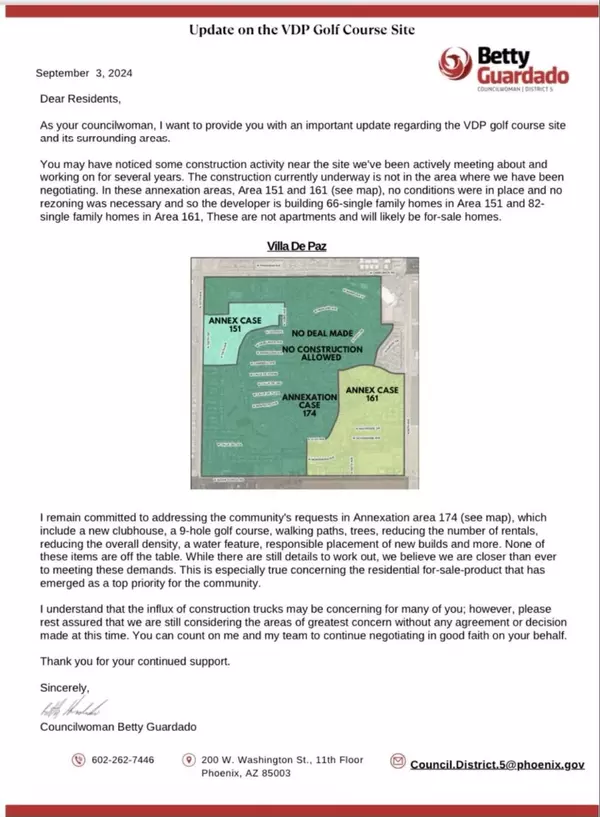
Home Buying 101 for First Time Home Buyers
Buying a home is likely one of the most significant financial investments you'll ever make. For first-time homebuyers, navigating the home-buying process can be both exhilarating and overwhelming. With myriad steps, financial jargon, and crucial decisions to be made, preparation isn't just useful—it

Negotiation Tips for Home Buyers
When it comes to purchasing a home, negotiation is one of the most crucial skills that buyers need to master. The real estate market can be competitive and fast-paced, which means that having a skilled agent by your side is essential. To ensure that you secure your dream home at the best possible pr

Making a Strong Offer
Navigating the real estate market can be challenging, especially in competitive areas where multiple buyers are vying for the same property. To increase the likelihood of having your offer accepted, it's crucial to understand how to craft a compelling proposal. Consider these important factors when
Categories
Recent Posts










